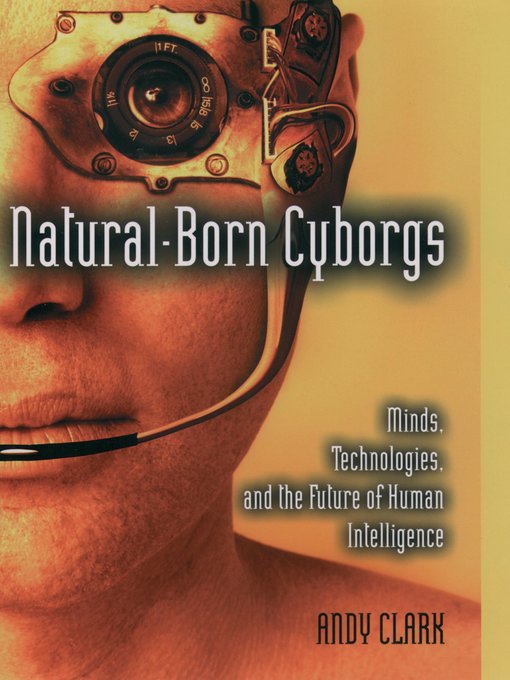From Robocop to the Terminator to Eve 8, no image better captures our deepest fears about technology than the cyborg, the person who is both flesh and metal, brain and electronics. But philosopher and cognitive scientist Andy Clark sees it differently. Cyborgs, he writes, are not something tobe feared--we already are cyborgs. In Natural-Born Cyborgs, Clark argues that what makes humans so different from other species is our capacity to fully incorporate tools and supporting cultural practices into our existence. Technology as simple as writing on a sketchpad, as familiar as Google or a cellular phone, and aspotentially revolutionary as mind-extending neural implants--all exploit our brains' astonishingly plastic nature. Our minds are primed to seek out and incorporate non-biological resources, so that we actually think and feel through our best technologies...
-
Description
-
Details
-
Reviews

Kindle Book
- Release date: February 27, 2007
OverDrive Read
- ISBN: 9780198033929
- Release date: February 27, 2007
PDF ebook
- ISBN: 9780198033929
- File size: 2024 KB
- Release date: February 27, 2007

Loading
